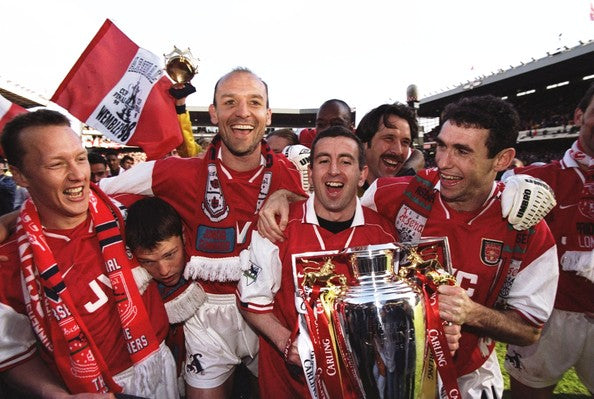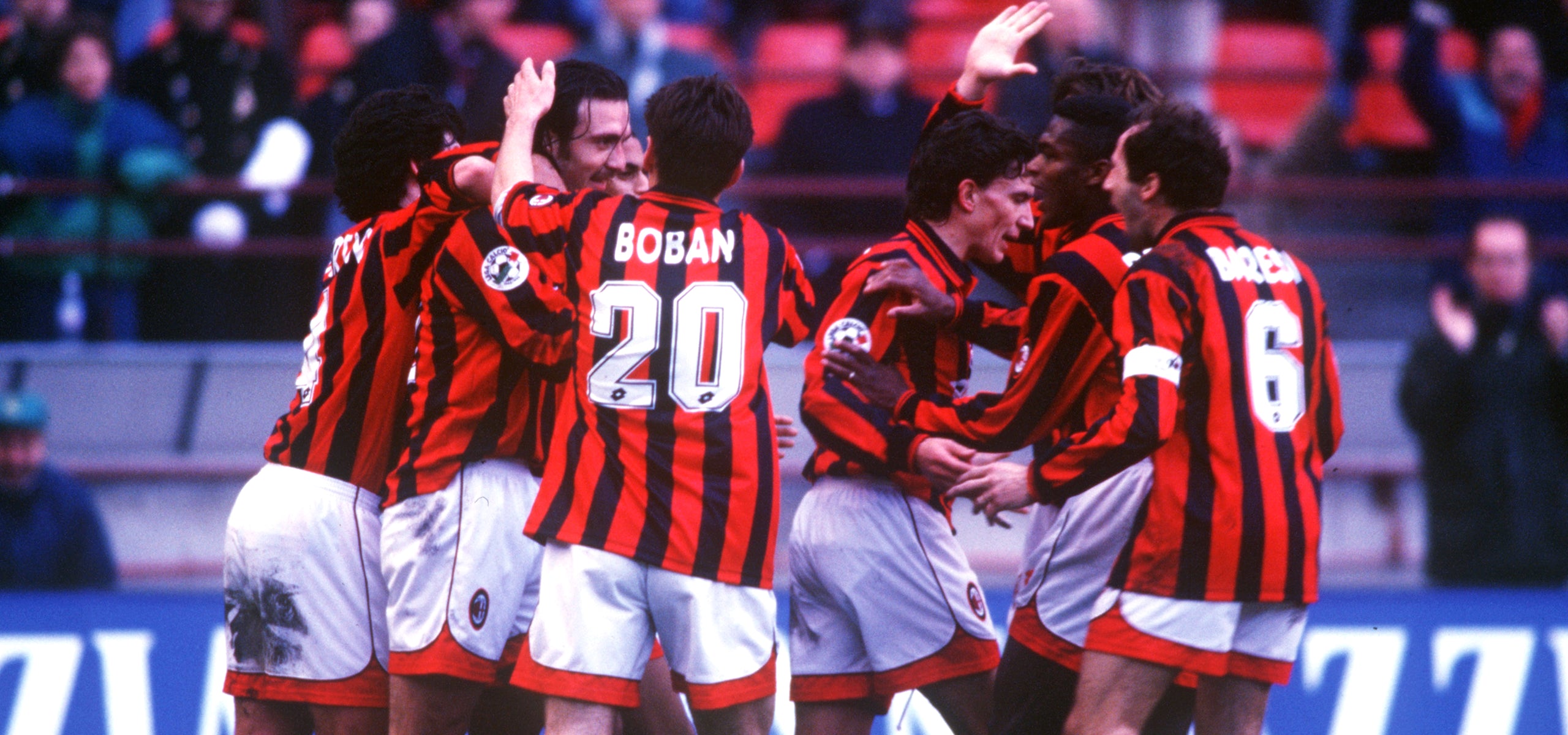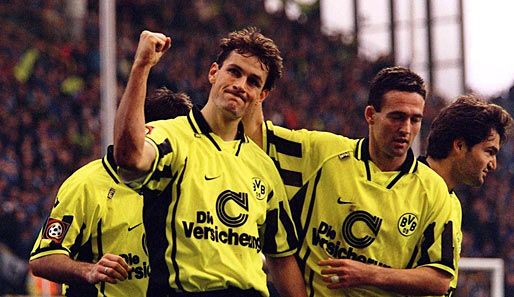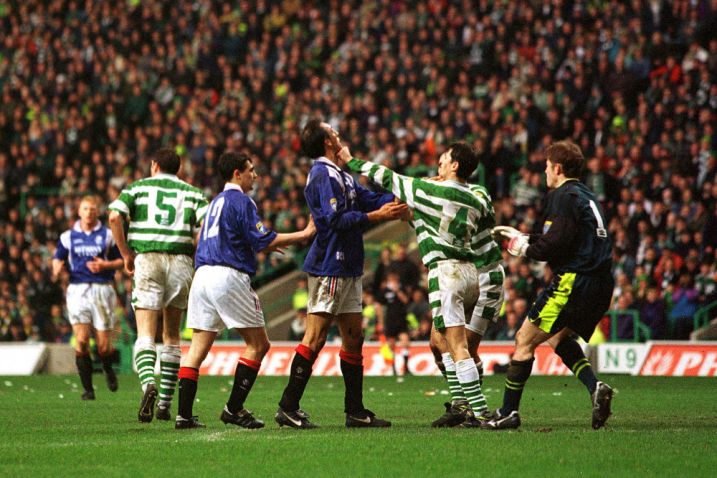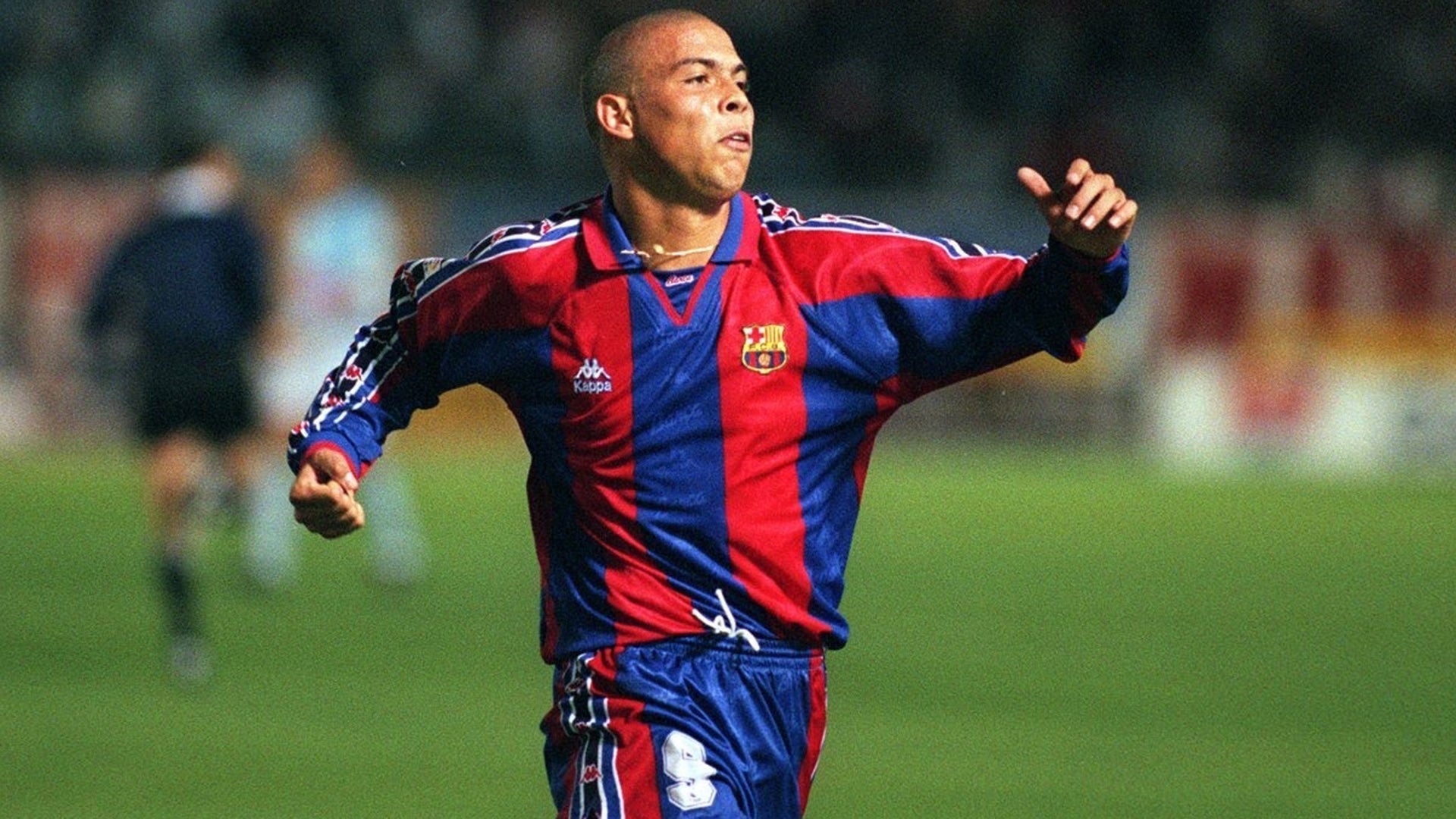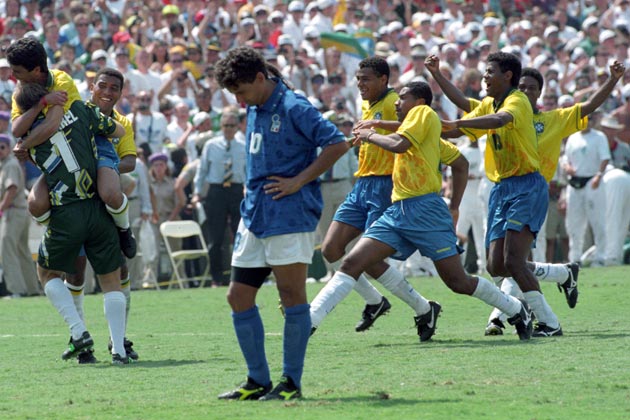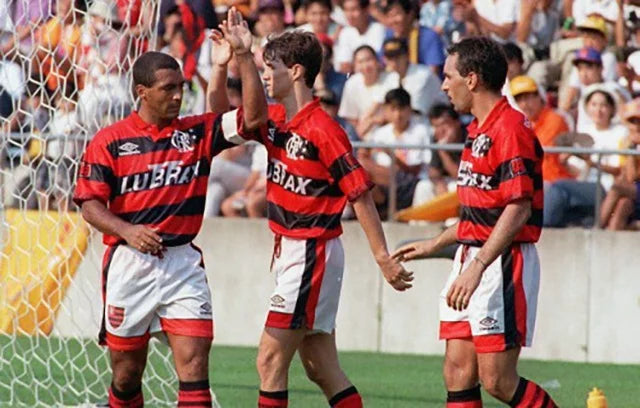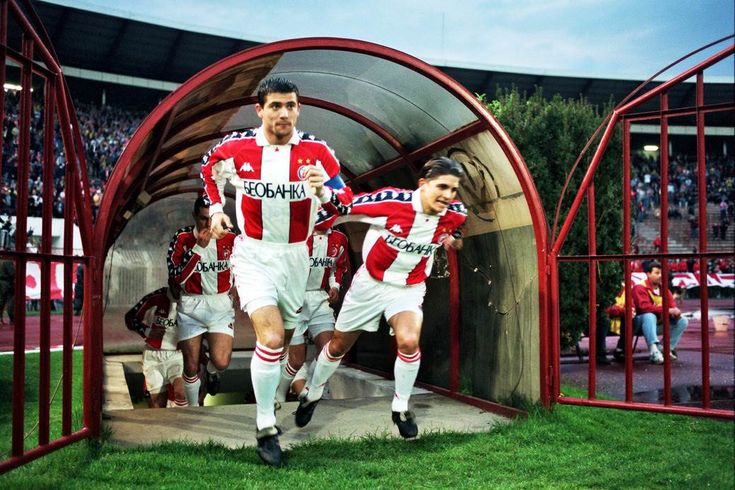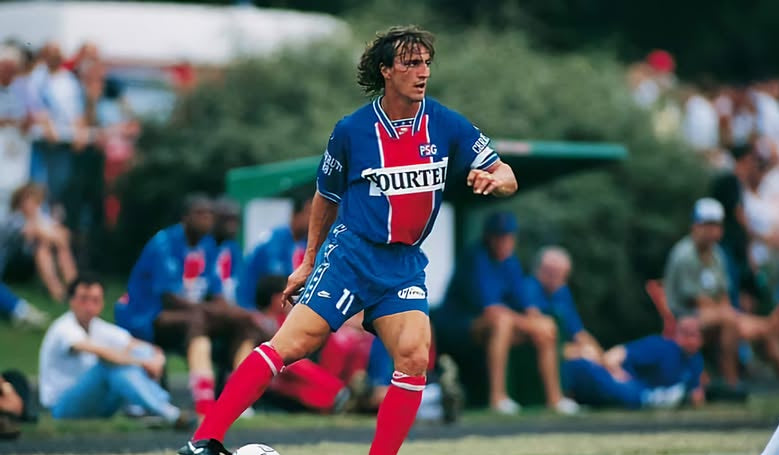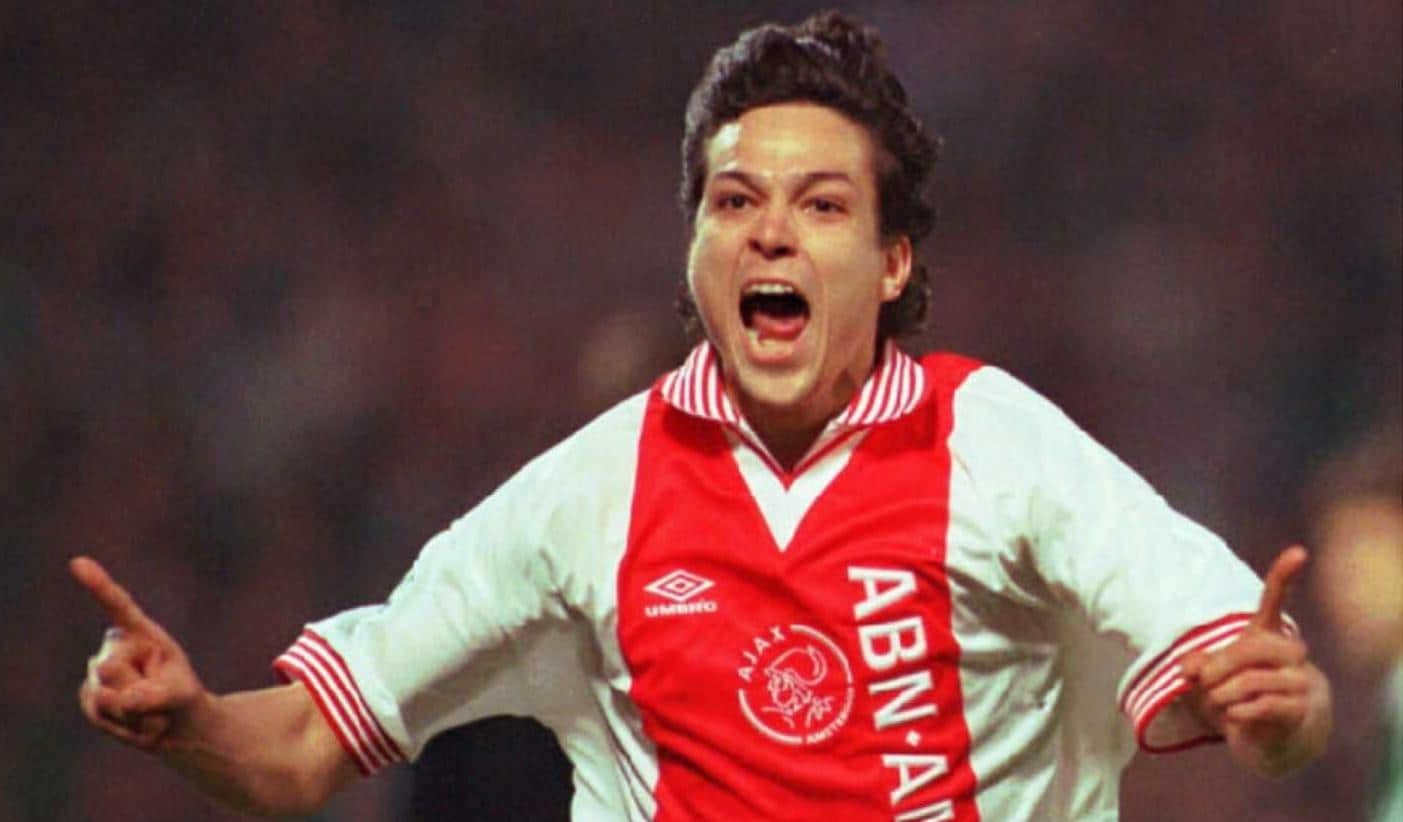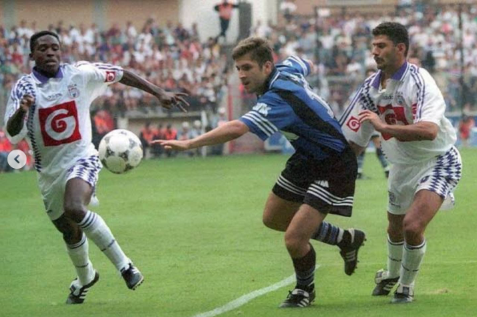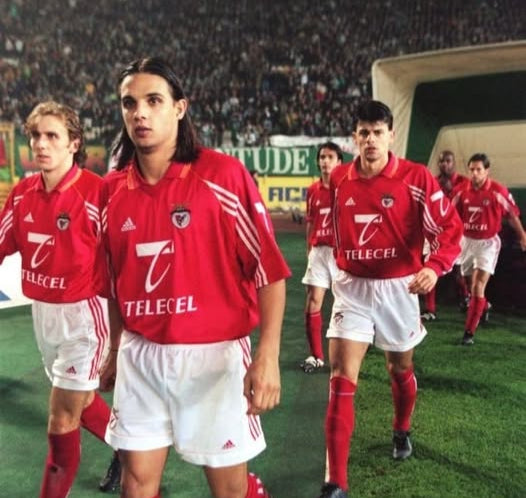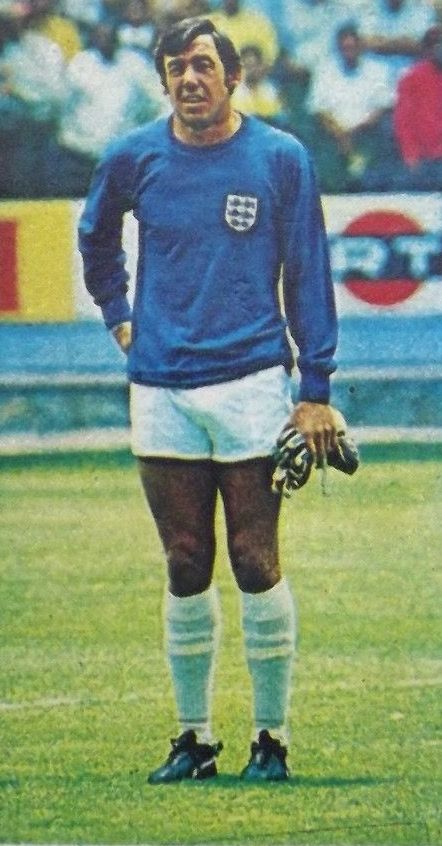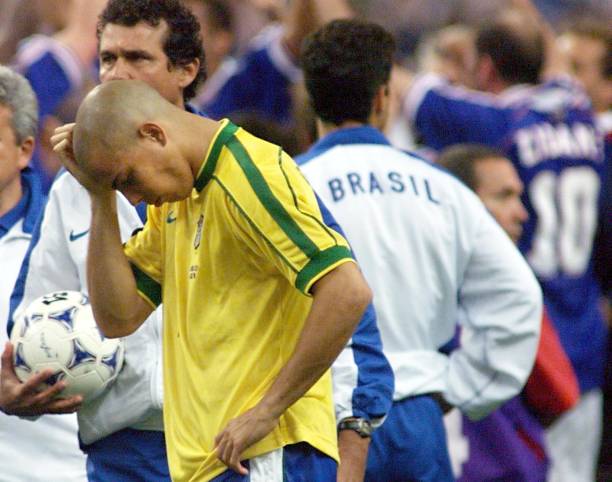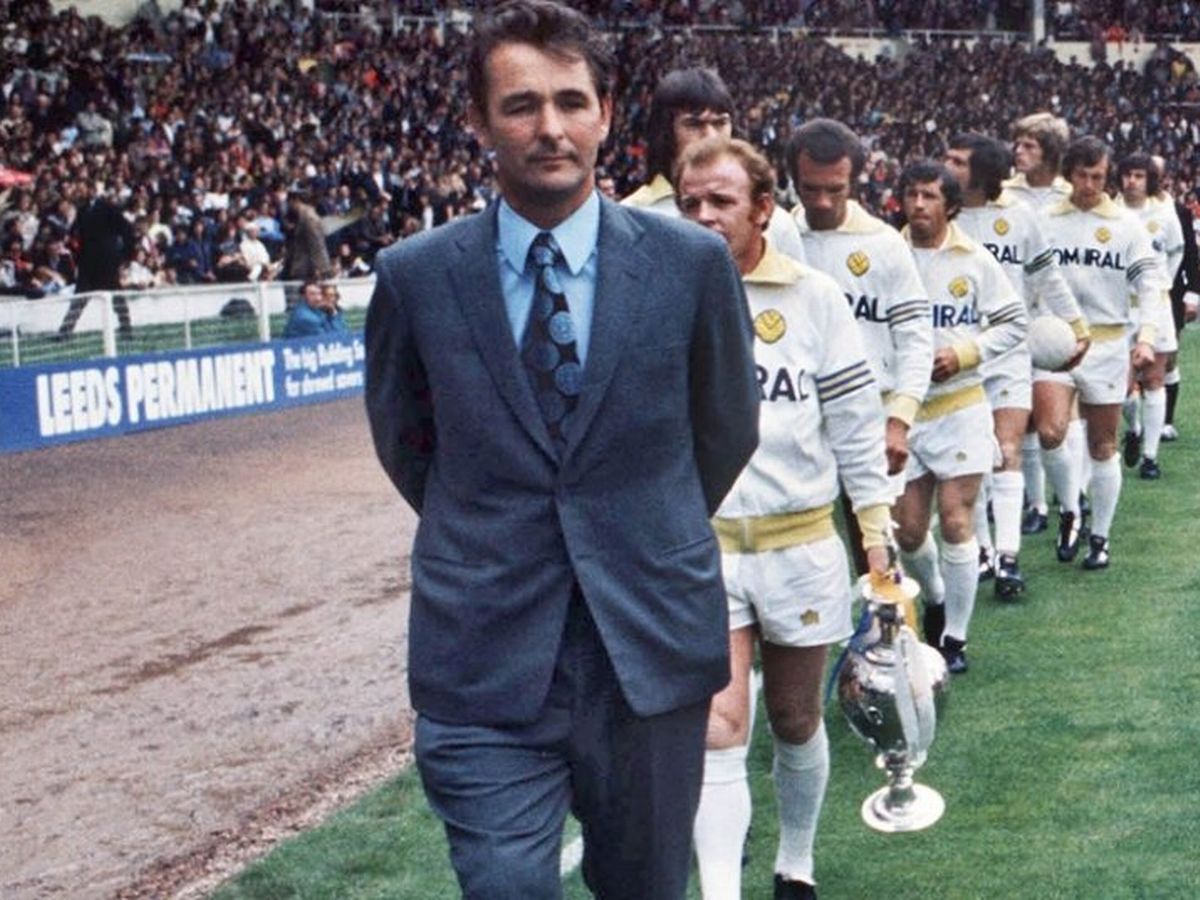
What if... Leeds United didn’t sack Brian Clough?
The summer of 1974 should have been one of transition, not turmoil. Leeds United, kings of England at last, had said goodbye to Don Revie, the only manager most of the squad had ever truly known. His successor was Brian Clough, a man who made a career out of winding up Revie, undermining his achievements, and calling Leeds everything that was wrong with football. It was combustible before it began.
In reality, Clough lasted 44 days. A disastrous start, open warfare with the dressing room, and a board terrified of the collapse of their empire led to his dismissal. Leeds turned to Jimmy Armfield, who steadied the ship and took them to a European Cup final. Clough, of course, would go on to immortality with Nottingham Forest.
But what if the board had held their nerve? What if Leeds had given Clough time?

Clough had form for short-term chaos followed by long-term brilliance. At Derby County, he fell out with directors and players, but still built a title-winning side. At Forest, he inherited a fractured club and made them European champions—twice. Leeds, for all their faults, had a stronger base than either. World-class players, a fearsome reputation, and the infrastructure to stay at the top.
The short-term would have been bloody. Clough’s insistence on eradicating the “dirty Leeds” image, his dislike of stars who saw themselves as bigger than the club, and his sheer stubbornness would have caused weeks, if not months, of tension. But had the board backed him, players would eventually fall into line—or fall away. Bremner might not have lasted, Giles may have walked, but Clough would have rebuilt in his image.
By 1976, Leeds could have been reborn as something else entirely. Imagine Clough’s Leeds: uncompromising, but not cynical; ruthless, but more technical, pressing and direct. The Elland Road crowd would have embraced the arrogance and showmanship, so long as it was tied to success. And success would almost certainly have come. This was Clough, after all. He was too good not to win.
And what of Forest? Without Clough, their story is never written in gold. Perhaps they become another second-tier club drifting in anonymity. The European Cups in Munich and Madrid stay on someone else’s mantelpiece. The myth of Clough is smaller, less romantic, maybe confined to Derby.

Instead, Leeds could have been the dynasty of the late 70s. Liverpool, all-conquering under Paisley, might have faced their fiercest challenge not from Forest or Villa, but from a retooled, swaggering Leeds side in green and yellow away kits, powered by Clough’s cult of personality. The scars of Revie’s reign would have been healed not by separation, but by reinvention.
The cruel twist is that Leeds and Clough were, in many ways, perfect for one another - too fiery, too abrasive, too proud. Had they stuck together, the history of English football might have been carved in white, yellow and blue, not red and forest green.


